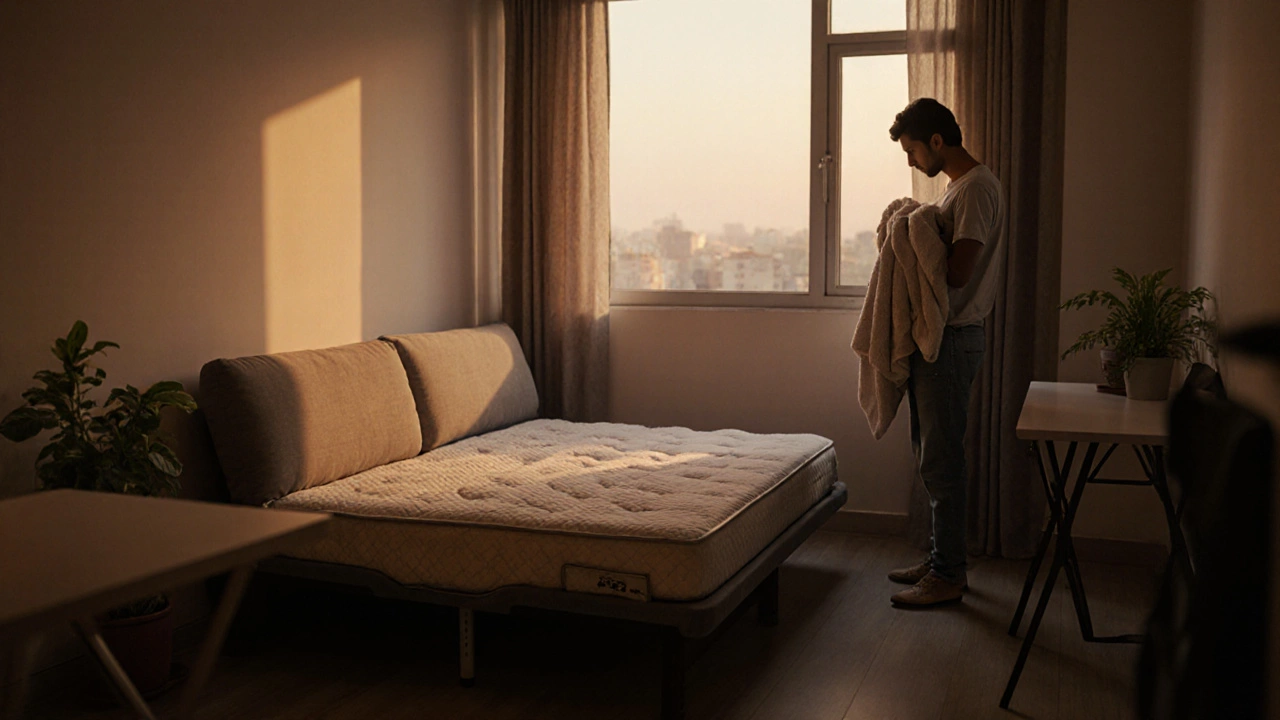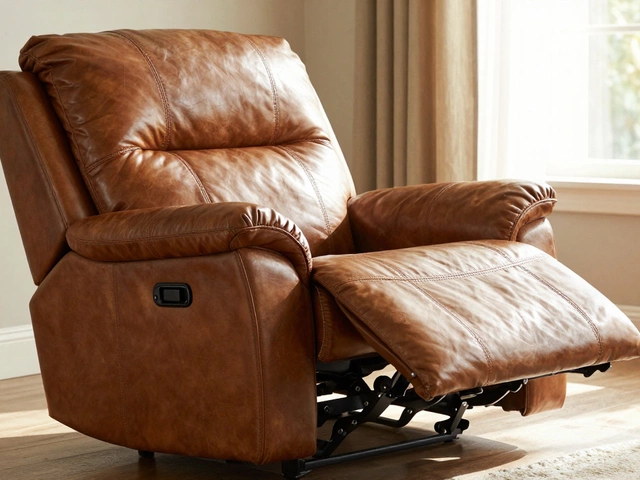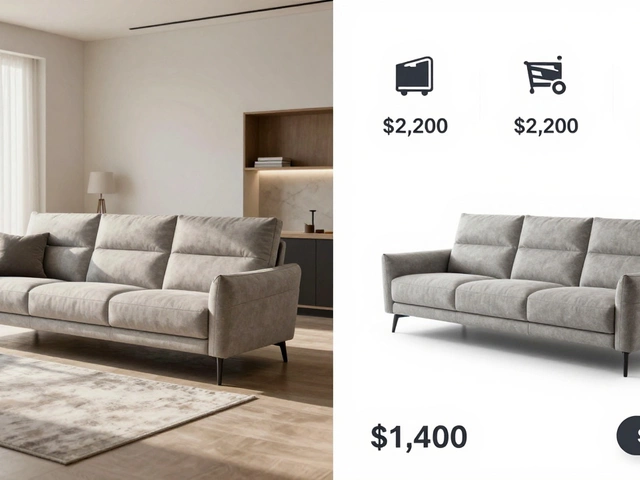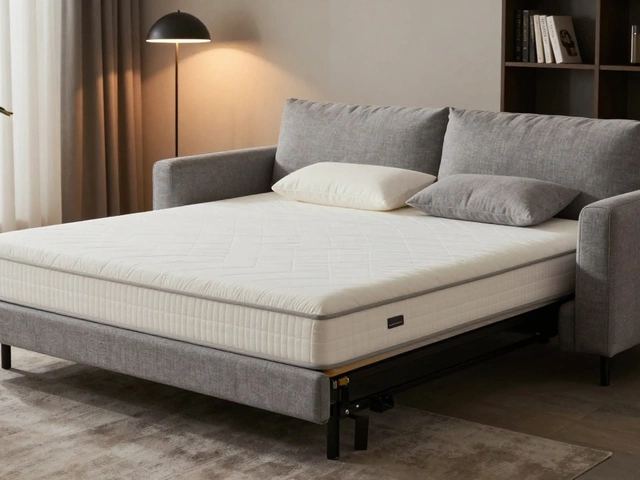Sleep Health Tips: How Your Sofa, Couch, and Bedroom Furniture Affect Rest
Ever notice how a lumpy couch or cramped bedroom can ruin a good night’s sleep? Your furniture does more than fill a room – it can boost or break the quality of your rest. Below are simple steps to make your sofa, daybed, and even coffee table work for your sleep health.
Pick the Right Sofa Bed or Daybed for Your Space
If you use a sofa bed for guests, pick one with a firm mattress and good support. A thin foam top feels cozy but can cause back pain after a few hours. Look for a mattress thickness of at least 5‑6 inches and a sturdy frame that won’t sag. Daybeds are another smart option for small homes; they double as a lounge and a sleeping surface. Choose a model with a low‑profile, supportive mattress and add a mattress topper if you need extra softness.
Don’t forget to test the recline angle. A recline that’s too flat puts pressure on your lower back, while a slight tilt (about 100‑110 degrees) keeps your spine aligned and eases breathing. If you can, try the sofa in the store or read reviews that mention comfort over multiple nights.
Arrange Your Living Room to Promote Better Sleep
Even if you don’t sleep on the couch, the way you arrange your living room can affect your bedtime routine. Keep TVs or bright lights at a distance that doesn’t interfere with winding down. A coffee table that’s too low can cause you to hunch over and tighten your neck; aim for a height that’s roughly the same as the seat cushion. Adding a rug under the coffee table can soften foot traffic and reduce noise, which helps keep the room calm.
Color matters too. Soft, muted tones on your sofa and walls signal your brain that it’s time to relax. If you’re redecorating, consider the most popular couch colors for 2025 – warm grays, muted blues, and earthy greens – they’re easy on the eyes and don’t overstimulate.
Finally, protect your furniture from allergens. Regularly vacuum your couch and use washable slipcovers. Dust mites love hidden crevices, especially in wicker or fabric couches. A quick vacuum or a fresh cover each month keeps the air cleaner and reduces nighttime coughing.
By choosing a supportive sofa bed, arranging your living space thoughtfully, and keeping your furniture clean, you’ll create a home that supports solid sleep health. Small changes now can mean waking up refreshed for weeks to come.
Sleeping on a Sofa Bed Every Night: Health Risks and Practical Tips
Find out if sleeping on a sofa bed every night is healthy, how mattress type, spine support and hygiene affect comfort, and get practical tips to improve safety and durability.
Is Sleeping in a Recliner Every Night Bad for Your Health?
Sleeping in a recliner every night can be comfy, but is it good for your health? While recliners offer great support for watching TV or napping, spending your nights in one might not be the best choice for everyone. It can impact your posture and potentially lead to long-term issues. Explore the potential benefits and drawbacks to ensure your nightly rest supports your well-being.






